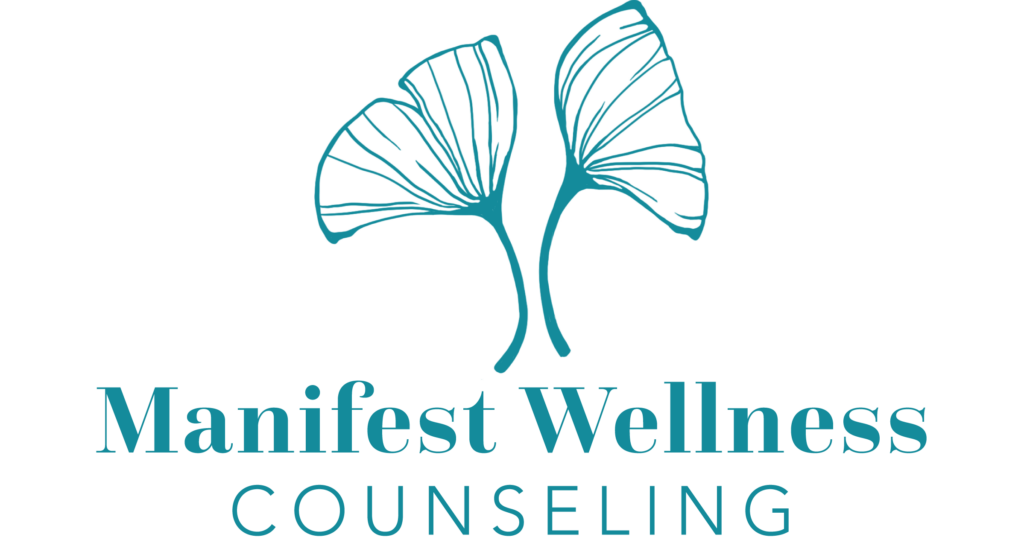Anxiety is a common response to a stressful situation. When something puts your body into a state of alertness, it’s not unusual to feel fear or worry.
When you start to experience anxiety regularly, it could start to become concerning. Understanding what triggers you and what mechanisms to use to alleviate your symptoms can help reduce strain on your daily life. Here are five natural remedies to try for symptom management.
1. Prioritize Sleep
When you’re sleep-deprived, your anxiety can flare up much easier compared to when you’re well-rested. The recommended amount of sleep per night is at least seven hours for adults. Unfortunately, roughly one-third report getting less than six hours per night.
If you’re struggling with anxiety, examine your sleep habits and prioritize more quantity and better quality of sleep. Start by setting a schedule for winding down each night. Try to go to bed at the same time each night, including the weekends, as much as possible.
Limit your device use two hours before bedtime, and try to keep your phone and TV out of the bedroom. Create a space that promotes sleep with soothing lighting, comfortable bedding, and a cooler temperature environment. If you’re having difficulty falling asleep, get up rather than tossing and turning; it will only frustrate you.
2. Practice Deep Breathing Techniques
One common side effect of anxiety is shallow and fast breathing. You may not even notice it’s happening. Rapid breathing can also lead to an elevated heart rate, dizziness, and panic attacks.
Start by taking slow and deep breaths. You may need to coach yourself through it to get your breathing under control. Getting full breaths in a controlled manner can help reduce some of your symptoms.
There are plenty of guided breathing options available online or via various apps. An easy one to incorporate is something called box breathing. You’ll breathe in for a count of four, hold for a count of four, exhale for a count of four, hold for a count of four, and then repeat until you’re calm.
3. Meditation
With anxiety, your mind may tend to wander to future events that aren’t the utmost priority or to past events that you can’t change. To ease your anxiety, you’ll want to bring yourself back to the present.
One goal of meditation is to ground yourself and obtain full awareness of your present self. Focusing your mind and releasing chaotic thoughts can help you gain a sense of calm.
If you’re new to meditation, give yourself some grace. Quieting your mind and grounding yourself is not always easy. Try using an app and timer to guide you in the early stages of your practice.
4. Try Aromatherapy
Aromatherapy has many holistic benefits for the mind and body. Practitioners have used things like essential oils and plant extracts to promote healing for thousands of years.
Essential oils and certain plant extracts can be added to food, inhaled, used in a diffuser, added to a bath, or applied directly through skincare. Their benefits include promoting relaxation, boosting mood, promoting more restful sleep, and improving physiological factors like blood pressure and/or heart rate.
Lavender, peppermint, bergamot, grapefruit, and ylang-ylang are scents that can help reduce anxiety.
5. Maintain Physical Activity
If you’re suffering from anxiety, one of the best natural medicines you can give yourself is physical activity. Exercise is the best medicine for mental and physical health.
People who live an active lifestyle have a 60% lower chance of having anxiety symptoms. Whether it’s walking, jogging, yoga, pilates, biking, or any other type of activity, it will benefit you.
The additional benefit of exercise is a mental distraction from whatever is triggering you. While you’re active, it’s harder to focus your attention on your fleeting thoughts.
Are you struggling with anxiety? Contact us to learn more about anxiety therapy for coping and reducing your symptoms.


